If you are experiencing moderate to severe jaw pain and discomfort, you are not alone. According to Medical News Today, TMJ disorders affect around 12 percent of Americans. Unfortunately, far too many people live with this pain and discomfort, not knowing there is a solution available to them. It all starts with a phone call to your dentist.
At Smiles of Chatanooga, we routinely treat patients from all over Tennessee who are suffering from jaw pain, commonly diagnosed as TMJ disorder. Learn more about TMJ to gain a better understanding of the disorder, then call our office at 423-380-0681 to schedule an appointment.
What Is TMJ?
TMJ, as it is commonly known, is the temporomandibular joint located at the bottom of the skull. It is the joint that connects the lower jaw to the upper jaw. The TMJ is structured differently than most joints in the body. It is made up of a rounded portion of the jaw that sits against an indentation in the skull, with disc-shaped cartilage in between.
Various ligaments in the head and neck hold the three parts of the TMJ together. Additionally, there are several muscles connected to those ligaments that allow the lower jaw to move. The TMJ is what allows you to open and close your mouth, as well as slide your lower jaw forward, backward, and side to side. Most commonly, this joint aids in eating, yawning, and talking.
Symptoms of TMJ Disorder
Often the most obvious symptom of TMJ disorder is a pain when moving the jaw. But TMJ can also cause headaches, migraines, neck aches, backaches, earaches, and pain around the ear and cheeks.
A common symptom of TMJ disorder is popping, clicking, or grinding while opening the mouth, eating, or talking. Because it’s common to hear noises when moving the jaw, it’s not a definite sign of TMJ. But if you notice these noises alongside pain or limited movement of your jaw, there is a good chance you have TMJ disorder.
Another symptom of TMJ disorder is limited movement. If you are unable to fully open your mouth or move your jaw in certain directions, it’s time to have a professional take a closer look.
Temporomandibular Joint Disorder
Just like the other joints in your body, the TMJ can be injured. If the TMJ becomes sore and swells, it will lead to limited movement of your lower jaw. You will likely also experience pain that radiates to your head and neck. In the rare instance you fracture the cartilage of your TMJ, also known as the articular disc, it can be displaced and cause even more severe swelling and pain.
There are many possible causes of temporomandibular joint disorder, whether genetic, environmental, or hormonal. The most common causes include:
- Injury
- Dental surgery
- Infections
- Arthritis
- Constant grinding or clenching of the teeth
- Autoimmune diseases
TMJ Disorder Treatment
There are numerous treatment options available for people with TMJ disorder. Contact Smiles of Chatanooga today to schedule an appointment. Together, we can come up with a treatment plan that will relieve your symptoms, strengthen the muscles around your jaw, and prevent further issues. Call 423-380-0681 now to see what our friendly team of dental experts can do for you.

